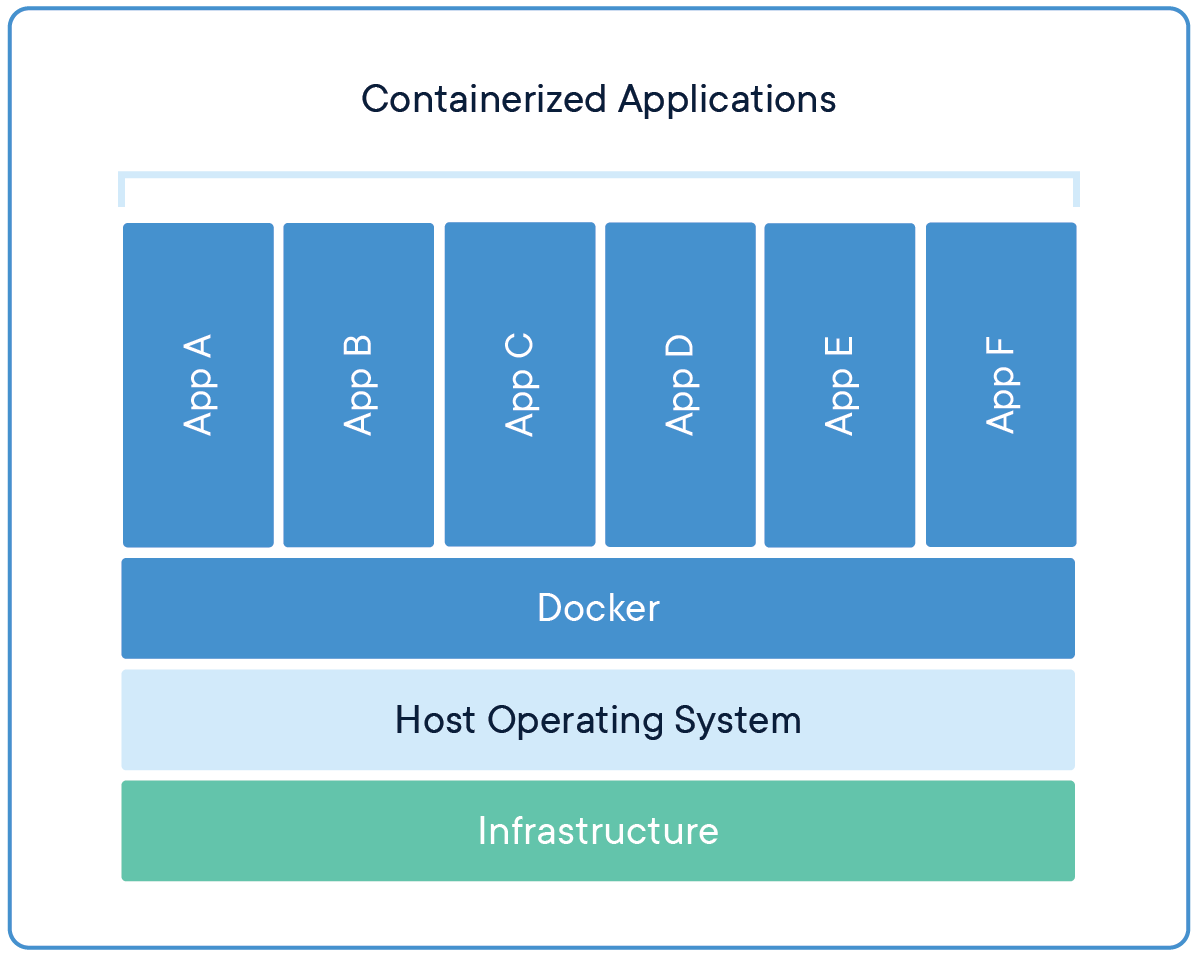Docker container in cloud computing
Cloud computing technology has revolutionized the way businesses operate in the digital era. It has provided organizations with the flexibility, scalability, and cost-effectiveness needed to thrive in today’s fast-paced world. Docker containers, a key component of cloud computing, have played a crucial role in facilitating this transformation.
So, what exactly is a Docker container, and how does it fit into the realm of cloud computing? In simple terms, a Docker container is a lightweight, portable, and self-sufficient package that contains everything needed to run a piece of software, including the code, runtime, system tools, libraries, and settings. This encapsulation of software into containers allows for seamless deployment and scaling of applications in any environment, be it on-premises, in the cloud, or hybrid.
When it comes to cloud computing, Docker containers offer several advantages. First and foremost, containers are incredibly efficient in terms of resource utilization. Unlike virtual machines, which require a separate operating system for each instance, containers share the host system’s kernel and can run multiple containers on a single host without incurring significant performance overhead.
Furthermore, Docker containers are highly portable and can be easily moved between different environments without the need for any code changes. This portability enables seamless deployment of applications across various cloud providers, making it easier for businesses to leverage the best-in-class services offered by different cloud platforms.
Another significant benefit of Docker containers in cloud computing is their scalability. Containers can be scaled up or down rapidly based on workload demands, allowing organizations to react quickly to changing traffic patterns and ensure optimal performance at all times. This elasticity makes containers an ideal choice for cloud-native applications that need to handle unpredictable loads efficiently.
Security is a top concern for businesses operating in the cloud, and Docker containers provide a robust security model to safeguard applications and data. Containers isolate processes from one another, reducing the risk of a security breach spreading across the system. Additionally, Docker’s built-in security features, such as namespaces and control groups, help protect containers from unauthorized access and ensure data integrity.
In conclusion, Docker containers play a vital role in enabling organizations to harness the power of cloud computing effectively. From improved resource utilization and portability to scalability and security, containers offer a plethora of benefits that can help businesses stay competitive in today’s dynamic market landscape. By embracing Docker containers, organizations can unlock new possibilities for innovation, agility, and growth in the cloud.
